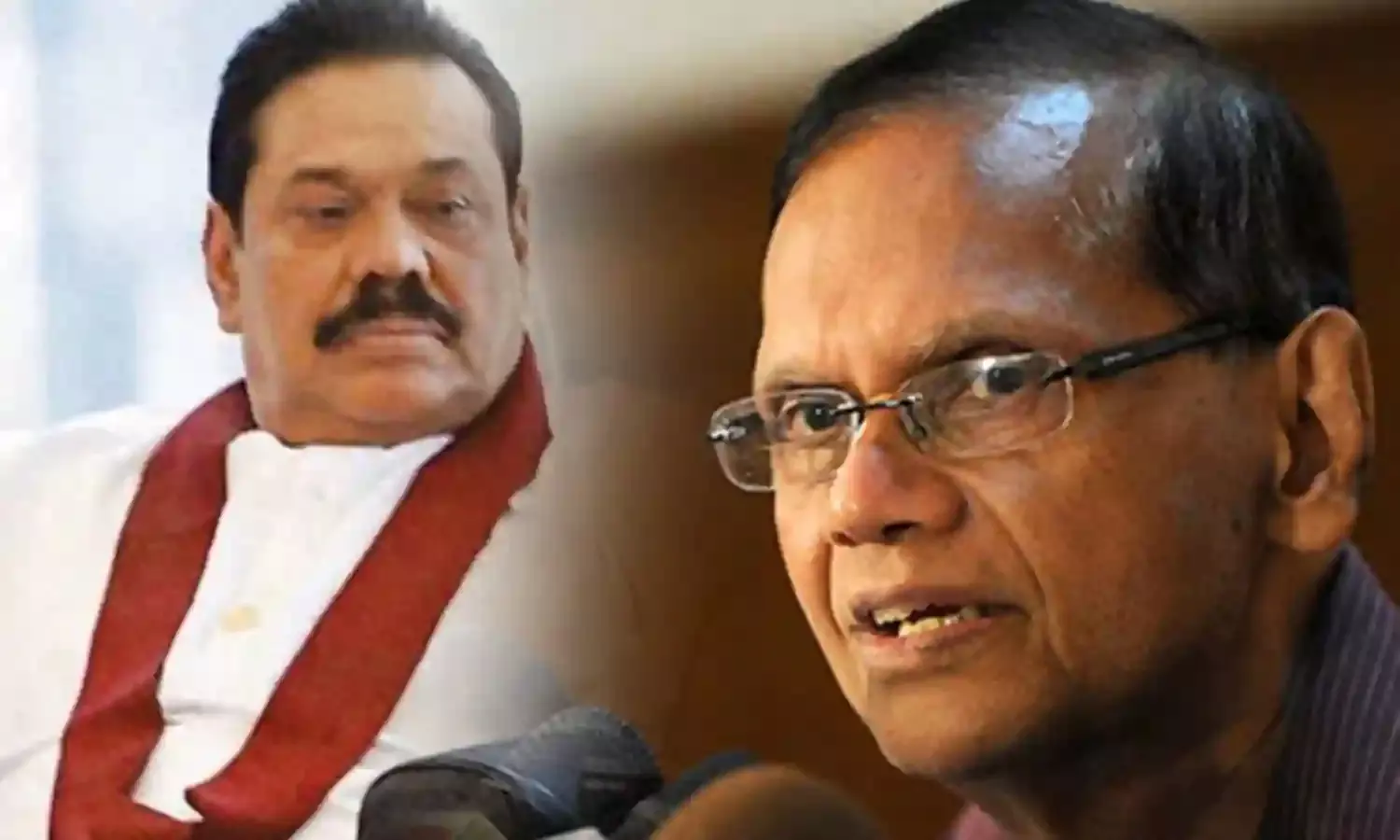Rajapaksa To Contest Again?
19A was primarily meant to prevent Rajapaksa from contesting again

COLOMBO: There is now a move to get the “constitutional bar” on former Sri Lankan President Mahinda Rajapaksa becoming President of the country for the third time.
The 19 th Amendment (19A) of the Sri Lankan constitution, passed in April 2015 after the defeat of Rajapaksa in the January 8, 2015 Presidential election, says that no person can hold the office of President more than twice. The 19A was primarily meant to prevent Rajapaksa from contesting again as he had served two terms as President.
But the cap is going to be challenged in the Supreme Court in early September, says Prof. G.L.Peiris, a former Minister for Constitutional Affairs who is currently one of the leaders of the Joint Opposition (JO) led by Rajapaksa.
He told The Citizen that there is no constitutional bar against any person being President of Sri Lanka more than twice, even though the 19A enacted by the present government says that a person cannot be President more than twice.
Resolving the contradiction in the above contention, Peiris said that the clause in the 19A which put a cap on the number of times a person can be President, refers to the post of President as defined by the 19A and not to the post of President as defined in the constitution which existed before 19A.
“Mahinda Rajapaksa and Chandrika Kumaatunga were Presidents twice under the old constitution in which the functions and powers of the President were fundamentally different from the functions and powers of the President as defined by 19A. The office of the President in terms of powers and functions pre and post 19A are as different as apples are from oranges. The Presidency after the 19A is a totally new office. Therefore, the cap stated by 19A should apply to the office as defined by it, and not to the previous office,” Peiris argued.
Delineating the differences between the Presidency under the 1978 constitution and the Presidency after 19A, passed after the change of government following the Presidential election in January 2015, Peiris said under the 1978 constitution, the President had vast powers, but 19A took away many of them.
Under the 1978 constitution, the President could appoint and sack any Minister without prior consultation with the Prime Minister. He could sack the Prime Minister too. The 19A took these rights away, making it mandatory to take the advice of the Prime Minister. The President could no longer dismiss the Prime Minister. His power to dissolve parliament was abridged by 19A. There has been an erosion of the immunities he had enjoyed earlier.
The rules about the Presidency stated by 19A apply to persons who had been elected under 19A not to those elected to the previous Presidency which was a different kettle of fish altogether. The two offices are not the same.
Peiris also said that the 19A does not say that the term limit would apply retrospectively.
But senior lawyers like M.A.Sumanthiran say that it is not necessary to say that it will apply retrospectively. That it is retrospective is understood, Sumanthiran said.
But Peiris’ case is that the question is about the radical changes in the nature of the office of President. These changes do not allow the application of the 19A’s cap to a person who had served two terms as President under the old constitution ,he argues.
“We have a strong case and we hope to approach the Supreme Court in early September,” the JO leader said.
Peiris denied that the whole purpose of the legal exercise is to enable JO Supremo, Mahinda Rajapaksa, to contest the Presidency for the third time.
“The issue is not Rajapaksa’s candidacy at all. Candidacy is a different issue, to be taken up the parties concerned. The issue at hand is a legal and constitutional one,” he explained.
“The 19A was passed in a hurry without due consideration of all relevant aspects,” he added.



